Description
ABSTRACT
Data Protection and Cybersecurity Landscape in Nigeria: An Examination of the Threats and Solutions for Online Businesses
Oladamola M. Oyabambi*
Technological advancement and the advent of social media has resulted in an exponential growth of electronic commerce (ecommerce), which thrives on the exchange and processing of customers’ personal data. This data-driven feature of ecommerce creates vast opportunities and incentives for the unauthorised use of customers’ personal data by online platforms and businesses. The exchange of personal data in electronic commercial transactions also creates risks for unauthorised third-party access to personal data and other forms of data breach. Ecommerce, therefore, exposes personal data to serious threats, and this underscores the need for a robust data protection regime that can effectively address the threats of breach. This paper provides an in-depth analysis of the menaces of e-commerce to data privacy and the instruments used by third parties to perpetrate data breaches such as phishing, distributed denial of service attacks (Ddos), SQL injection, etc. This paper also analyses relevant legislation and practices and proffers recommendations on aligning domestic laws and practices with international best practices.
Keywords: Technology, legislation, data, data protection, cybersecurity, phishing, hacking, data breaches.
INTRODUCTION
The advent and continuous advancement leverage this trust in carrying out myriad data-related issues and the perpetration of cybercrimes, especially online businesses. Online businesses often employ consumers’ data in curating personalised services, advertising, and strategic marketing to customers. Nigeria, one of the countries involved in technology and global trade, motivated the evolution of online businesses. Over time, This development has encouraged the growth of ecommerce worldwide. This buying and selling method is widely acceptable due to the ease of trading goods and services irrespective of the buyer/seller’s geographic location. 1The ability to purchase goods and services in the cyberspace without territorial limitation conceives an unwavering trust in the system’s customers. Persons such as hackers in African countries with a significant online business presence are greatly affected by the grave effect of data leaks.2
*LL.B (University of Ilorin), BL. ACIArb, ACIS, Associate at Babalakin and Co.
- Akomolede T, ‘Contemporary Legal Issues in Electronic Commerce in Nigeria’ (2008) Potchefstroom Electronic Law Journal (PELJ)) accessed 16 June 2023.
- The Gross Domestic Product (GDP) in Nigeria was worth 477.39 billion US dollars in 2022, according to official data from the World Bank. Nigeria G, ‘Nigeria Suffers 64% Data Breach in Q1, Ranks 32 Globally’ (The Guardian Nigeria News – Nigeria and World News, 23 May 2023) accessed 27 July 2023.

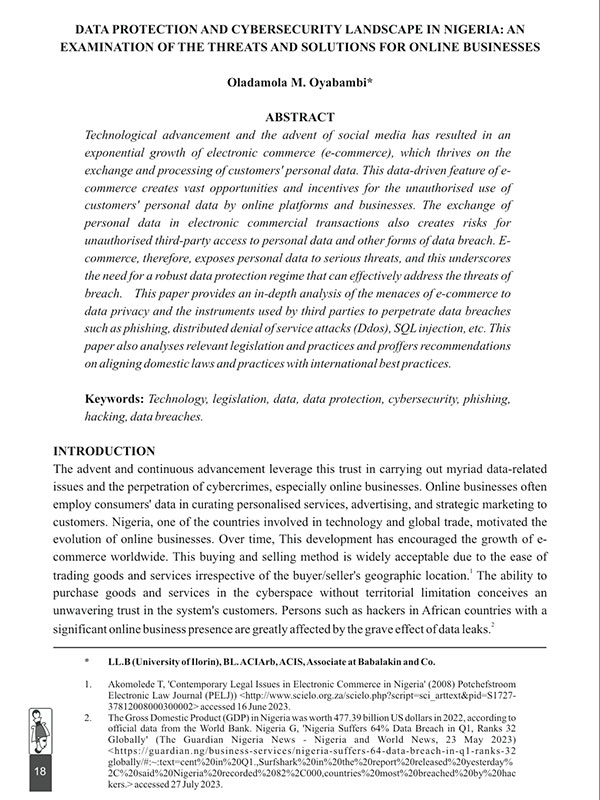
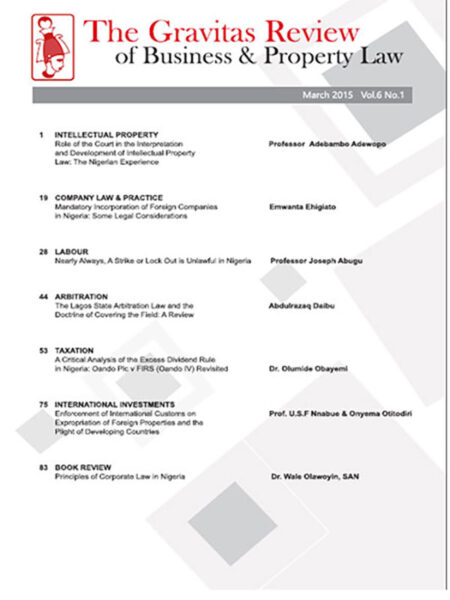
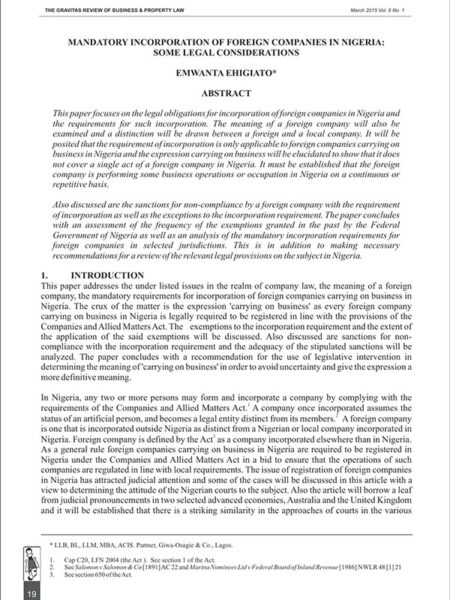
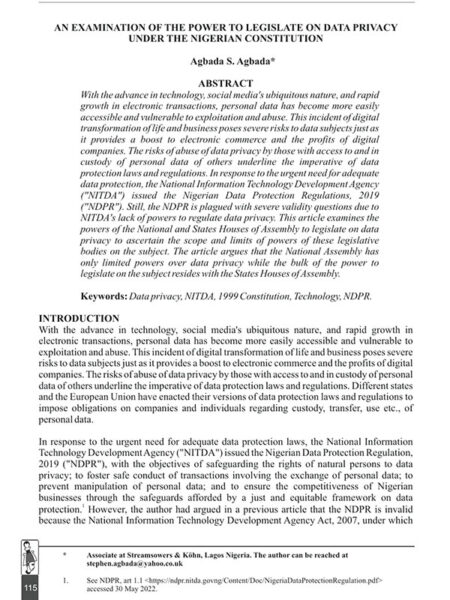
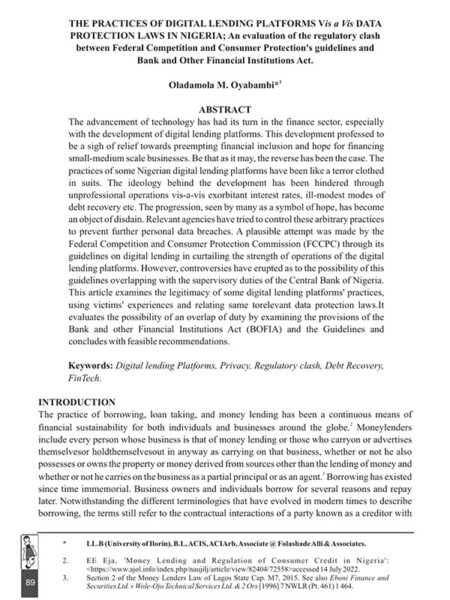


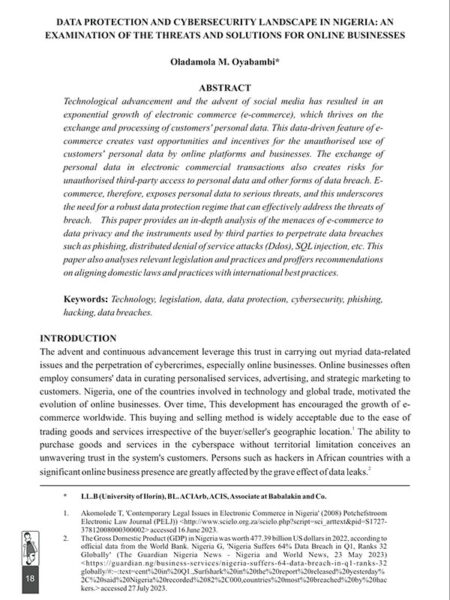
Reviews
There are no reviews yet.